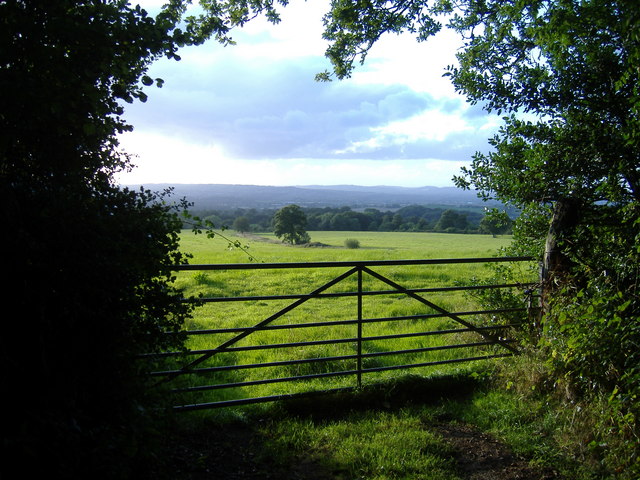“You only have to look at the current situation with Children Services in Devon. This isn’t brought on by those working on the frontline. It is due to a chronic lack of funding.” [CEO, Rural Services Network]
“It’s clear that the government appears to be increasingly at odds with business over its approach to net zero, which is a concern, given the need for public and private sector co-operation to deliver it.” [Director of the UK Corporate Leaders Group]
.
A fortnight ago, there was some hope that there would be good news for rural areas – in that “the government is waking up to the fact that 40% of constituencies are rural and these votes will be crucial to winning the next election.”
Or that was the hope. The Rural Services Network was disappointed in the The King’s Speech, seeing it as “a missed opportunity for rural voters”, as their CEO Kerry Booth makes clear:
In last week’s Bulletin, I reflected on what rural communities needed to hear in the King’s Speech. I had hoped that we would see the following principles applied through the provisions set out:
- An approach that considers the different challenges rural areas face, and solutions to target those challenges
- Policy that has been designed to meet the needs of rural areas;
- The right data, collected at the right level, to enable policy makers to measure the success of policy decisions from both a rural and urban perspective.
Sadly, though unsurprisingly, I, like many other rural champions was disappointed. The word ‘rural’ did not feature once. Neither did it feature in the briefing notes which were published alongside the speech.
And – as an example of the need for “fair funding for rural local authorities who provide some of the most essential services the public, communities and local businesses rely on” – she gives particular mention to the dire circumstances in Devon:
You only have to look at the current situation with Children Services in Devon. This isn’t brought on by those working on the frontline. It is due to a chronic lack of funding. Our review of Levelling Up earlier this year showed that if all of England rural areas were together classed as a region, it would be the region most in need of Levelling Up based on the government’s own metrics. So, when the Prime Minister says communities and places ‘can and will get better’, he must ensure his government backs a fair distribution of funding to meet the needs of our rural areas.
Other areas are also under pressure in rural areas, with the National Centre for Rural Health and Care having just produced a Response to the NHS Long Term Workforce Plan, which looks at the impact the government’s plan has for rural areas.

Meanwhile other commentators have given their verdict on the King’s Speech and rural issues.
The property market people Frank Knight says there are four bills that could potentially impact some rural businesses in the short to medium term. They include the Renters (Reform) Bill, the Leasehold and Freehold Bill, the Animal Welfare (Livestock Exports) Bill, and The Trade Bill.
The Countryside Alliance in its response feels that “there is much within the King’s Speech that can benefit rural communities, but only if those policies are developed having fully assessed the needs of those communities and the impact of policy on the rural economy”. The Country Land and Business Association (CLA), however, had the overriding feeling of “is that it?”
When it comes to the ‘bigger countryside picture’ of climate change and biodiversity loss, the likes of Greenpeace see the King’s Speech as a climate battleground and Friends of the Earth felt it should have included nine new laws which “would put the UK on the path to nature recovery and ensure it’s doing its fair share to stop the climate crisis globally”.
But perhaps most interesting is the opinion from the Corporate Leaders Groups, hardly a bunch of eco-warriors, saying that the King’s Speech casts doubt on the government commitment to climate agenda, as “it’s clear that the government appears to be increasingly at odds with business over its approach to net zero, which is a concern, given the need for public and private sector co-operation to deliver it”.
…